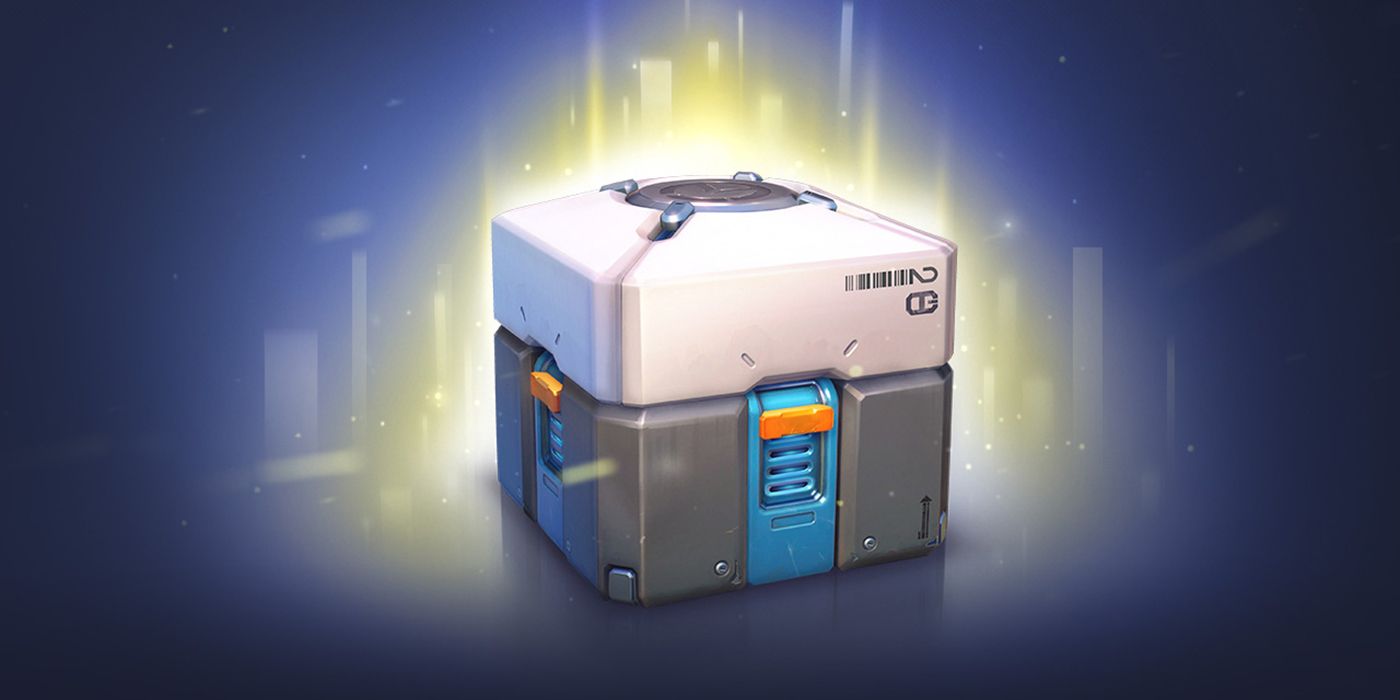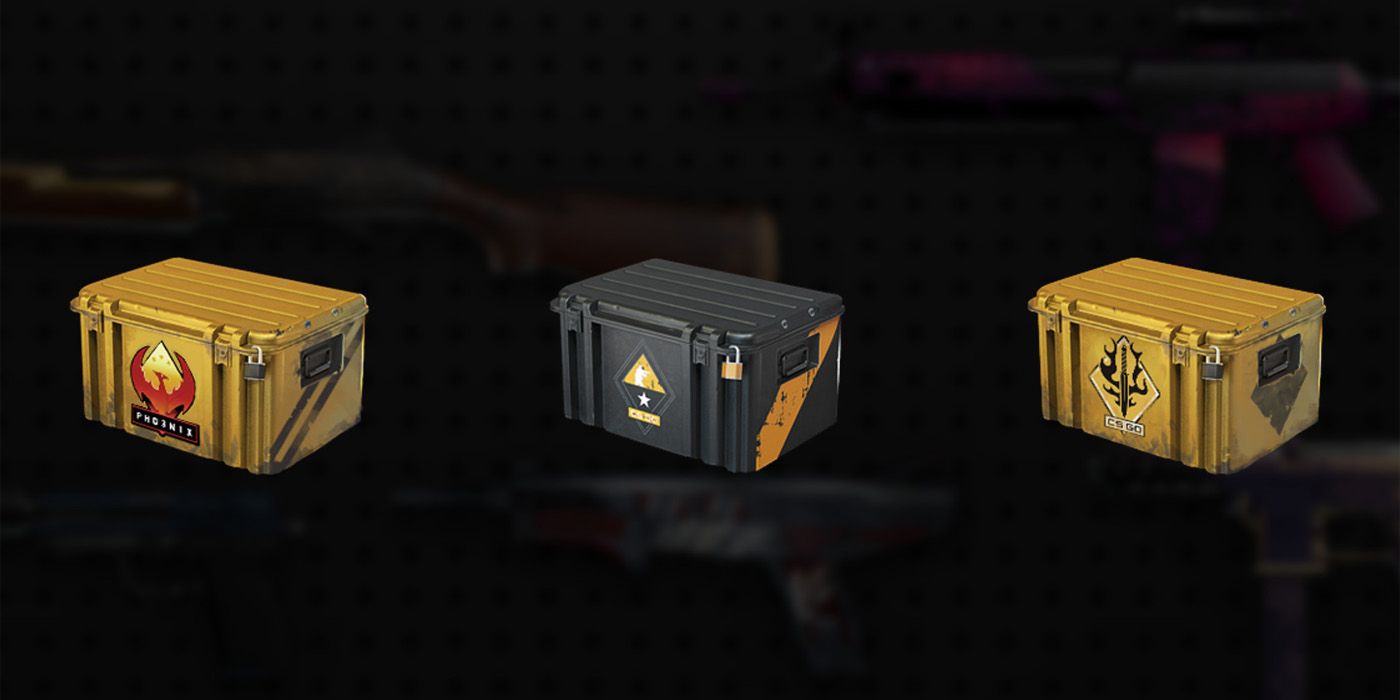Microsoft, Nintendo, and Sony have pledged to enforce a policy that will require all games that appear on their systems to disclose the drop rates of items that appear in loot boxes. The topic of loot boxes and microtransactions in video games has been hotly debated over the past few years, which has resulted in proposed changes to the law in several different countries.
An anti-loot box bill has been garnering support in the US Senate over the past few months, while Belgium and the Netherlands have classified loot boxes as illegal gambling, causing Nintendo to pull support for Animal Crossing: Pocket Camp and Fire Emblem Heroes later this month. The UK government has determined that loot boxes aren't considered to be gambling, but it's clear that a lot of parliaments across the world are taking a serious look at the effects that loot boxes can have on players, especially when they are included in games that can be purchased by children.
It seems that the three biggest names in the video game console world are taking a step towards self-regulation in regards to loot boxes. According to GamesIndustry.biz, Microsoft, Nintendo, and Sony have pledged to the Entertainment Software Association that they are creating new policies that will ensure that loot boxes must reveal the drop rates of their items. ESA chief counsel of tech policy Michael Warnecke discussed the measures that would be put into place.
"I'm pleased to announce this morning that Microsoft, Nintendo, and Sony have indicated to ESA a commitment to new platform policies with respect to the use of paid loot boxes in games that are developed for their platform. Specifically, this would apply to new games and game updates that add loot box features. And it would require the disclosure of the relative rarity or probabilities of obtaining randomized virtual items in games that are available on their platforms.
The new rules would apply to all games that appear on Microsoft, Nintendo, and Sony platforms and not just the first-party titles that they develop themselves. The rules will only apply to new games that are released after whenever these policies come into place, which means that current games seemingly won't be affected by them. The ruling will also apply to games that add loot boxes after launch, as this was recently an issue with Crash Team Racing: Nitro-Fueled, which drew criticism for adding microtransactions after the game had already been released and reviews had already been issued.
Countries like China have been regulating gambling aspects in video games for years now as a response to the explosion in popularity of gacha games on mobile phones and it has been mandatory for developers to reveal item drop rates over there since 2017. It seems that the biggest names in the console world are making an effort to regulate loot boxes themselves in order to prevent them from being banned (or being severely curtailed) through legislation, but this move might be too little too late.
Source: GamesIndustry.biz


